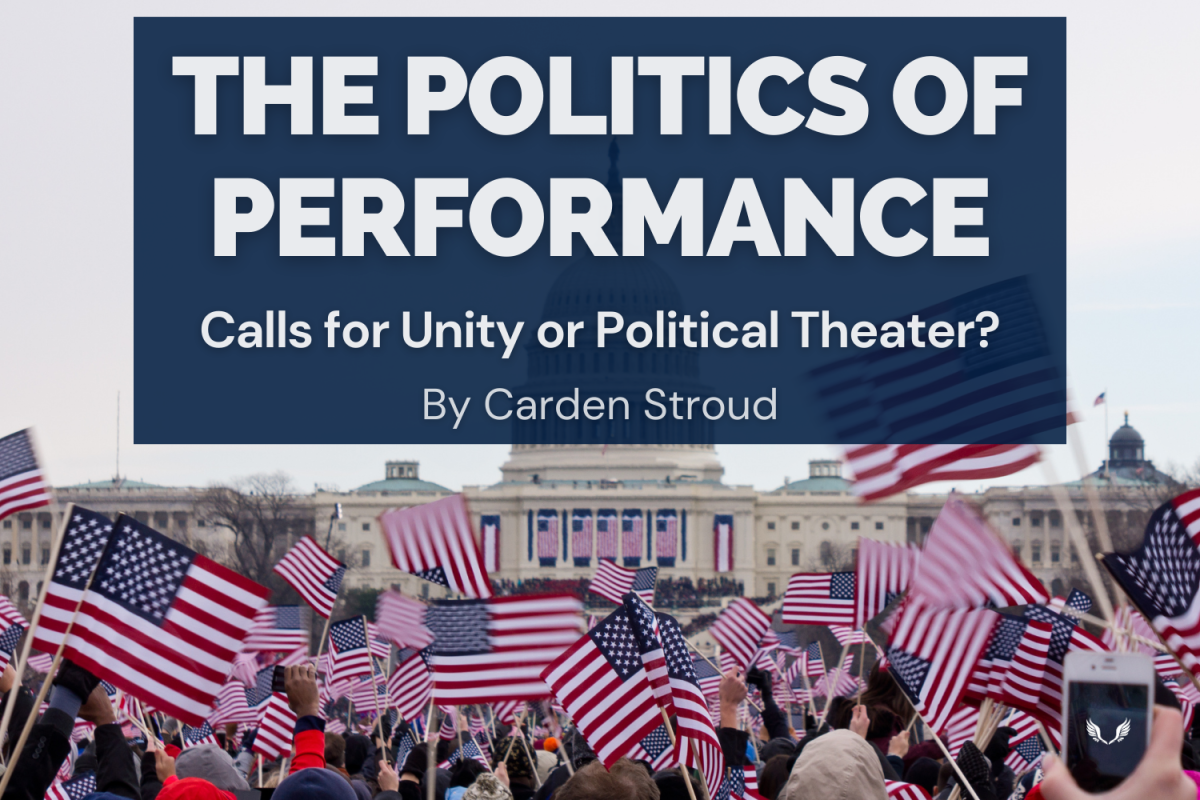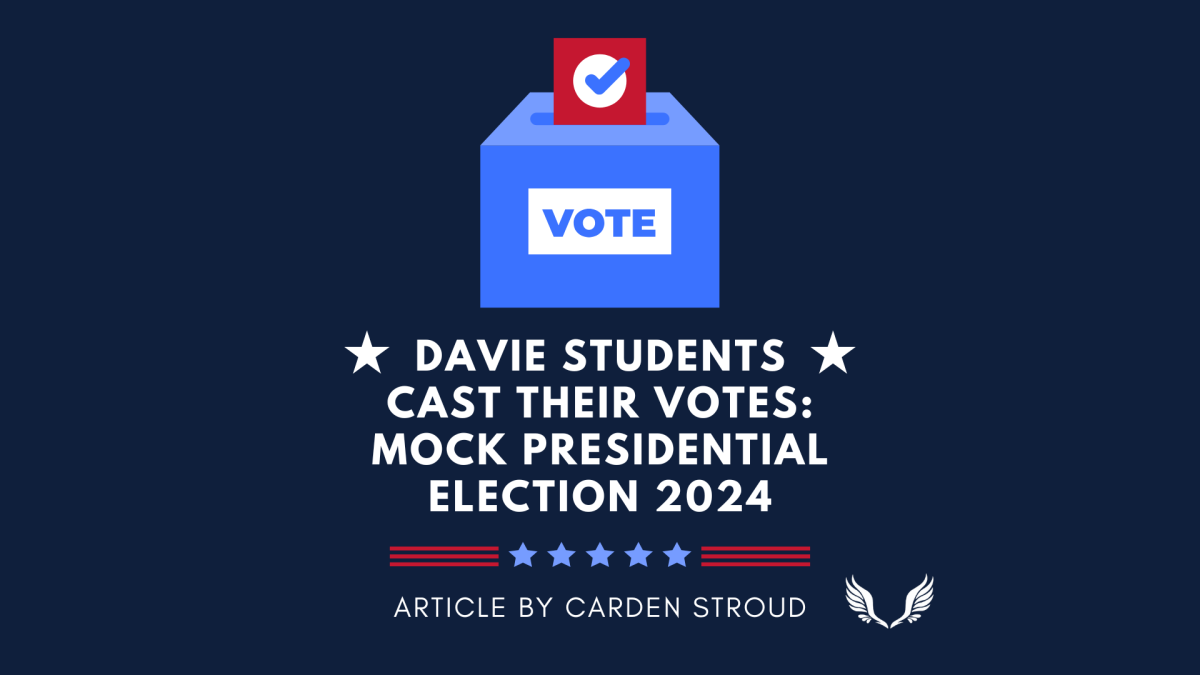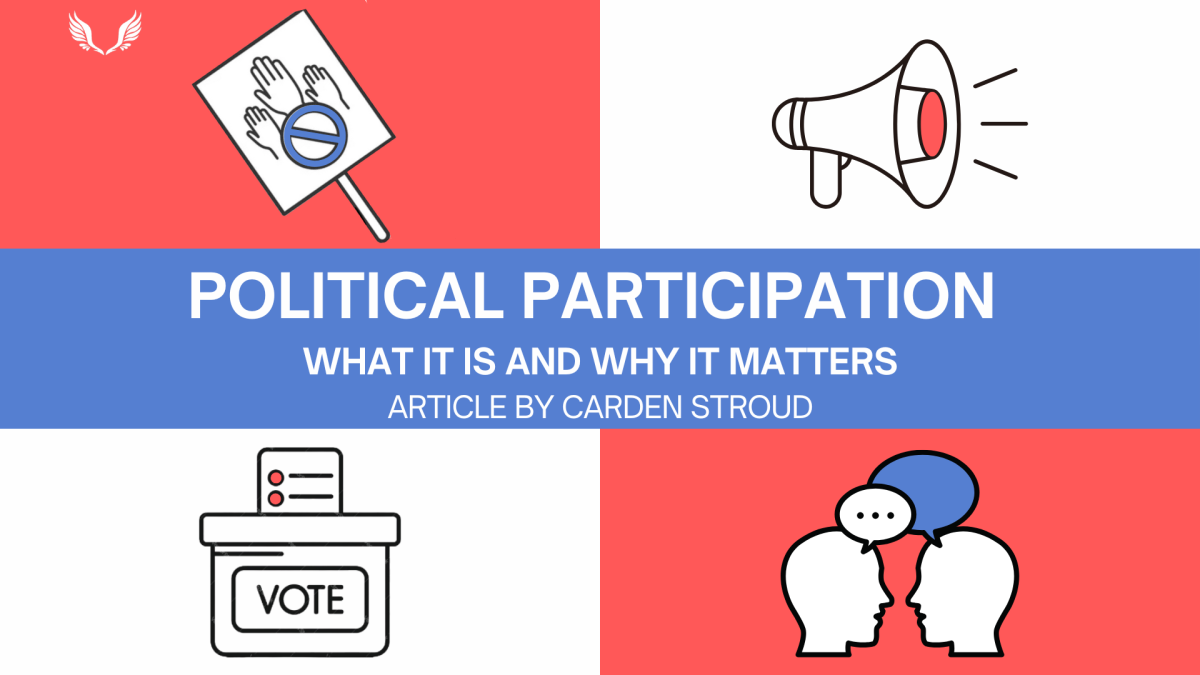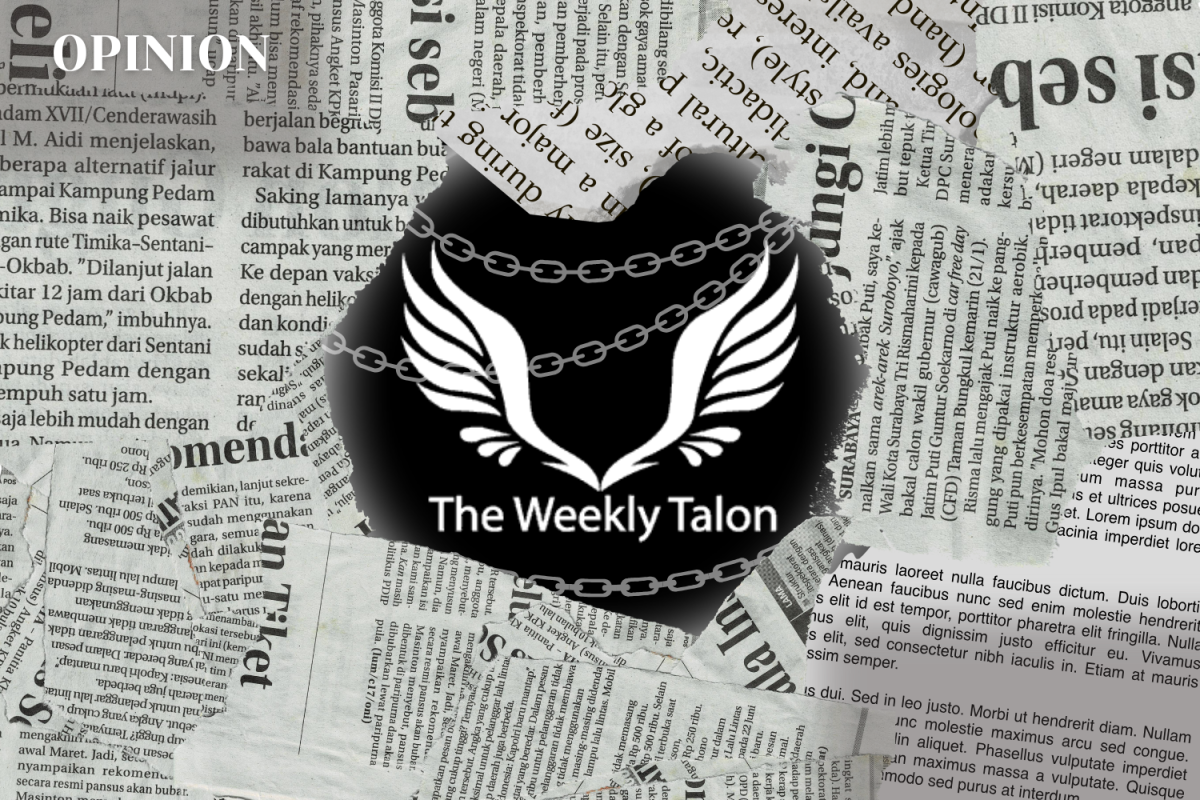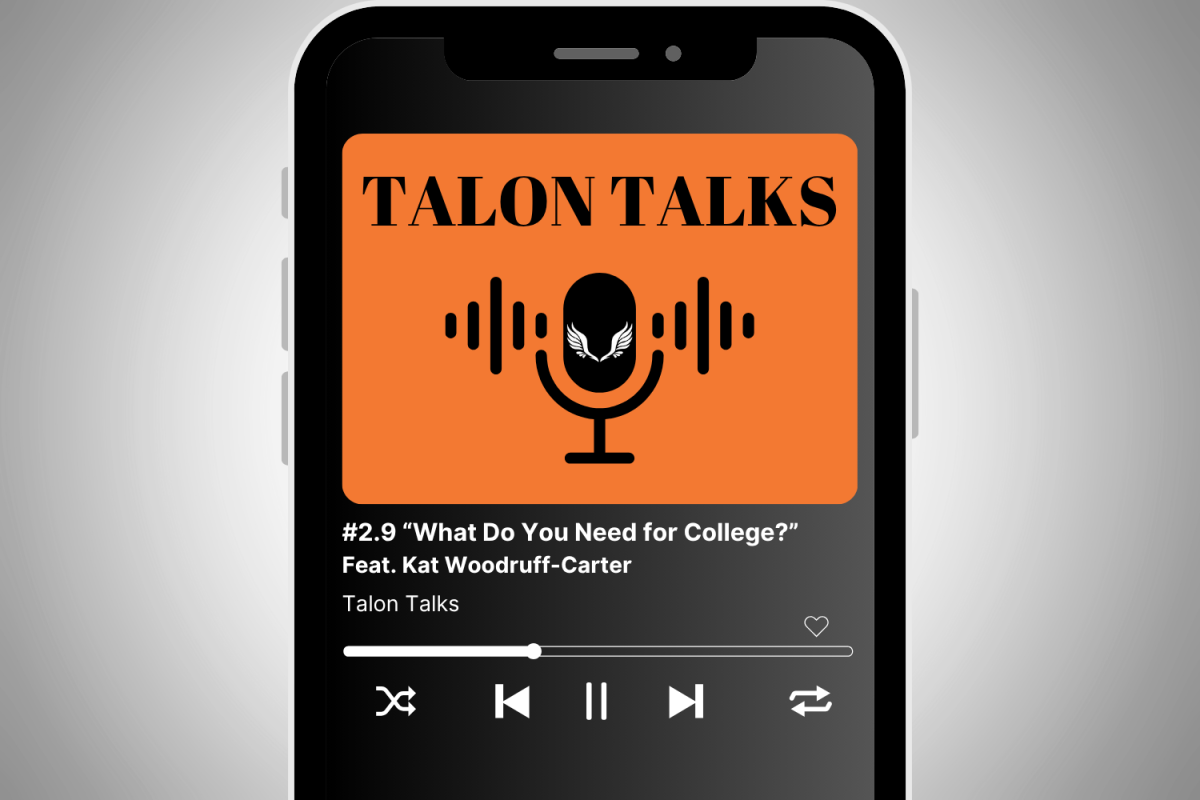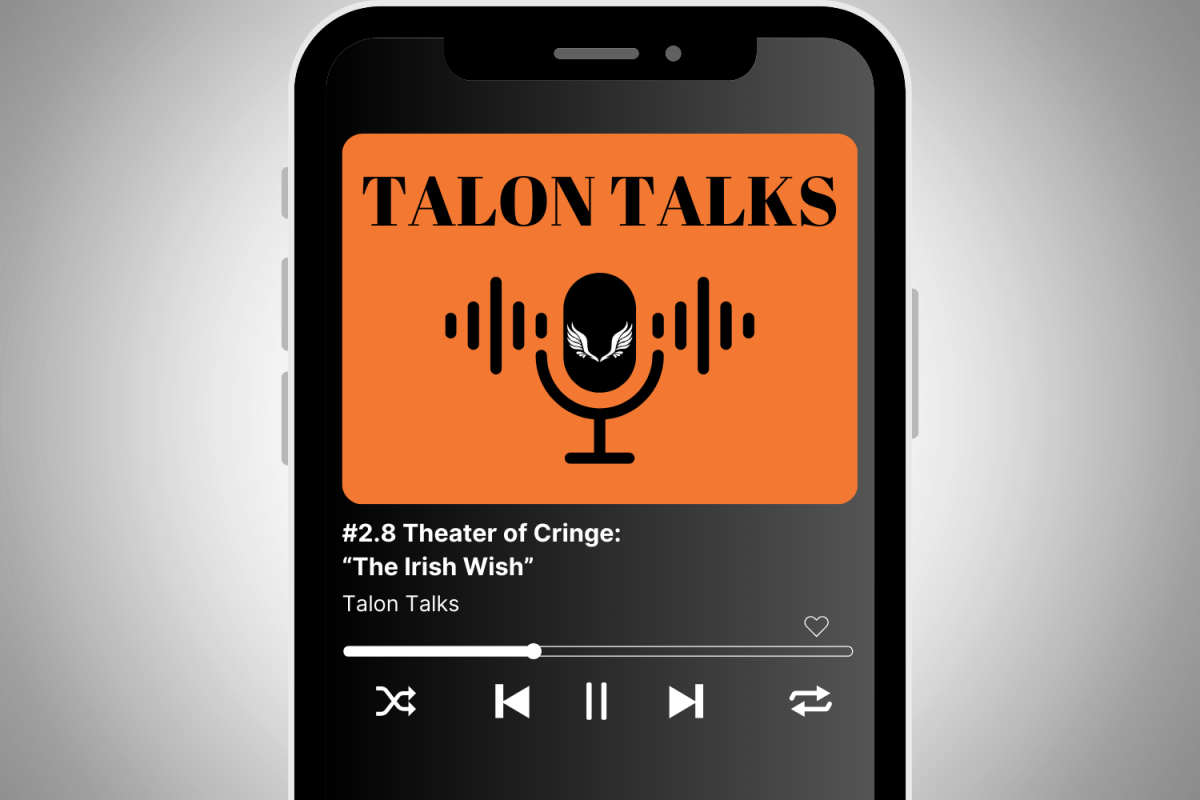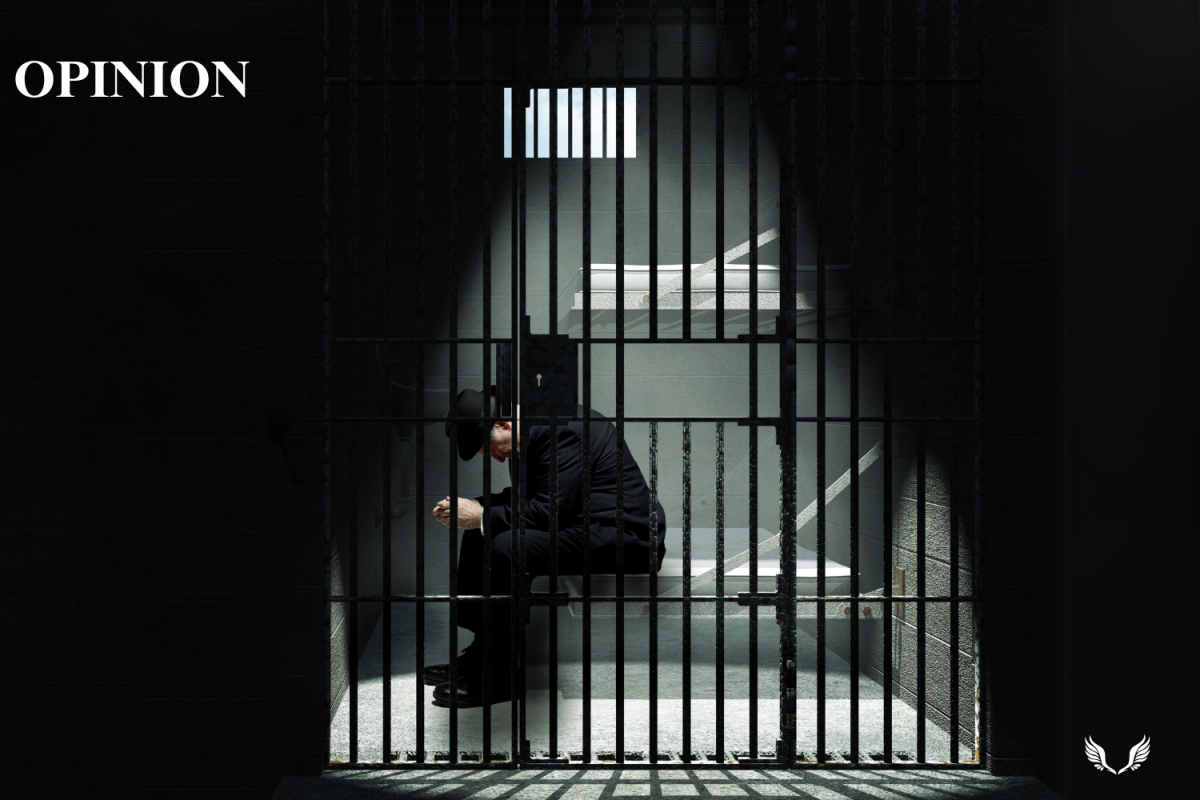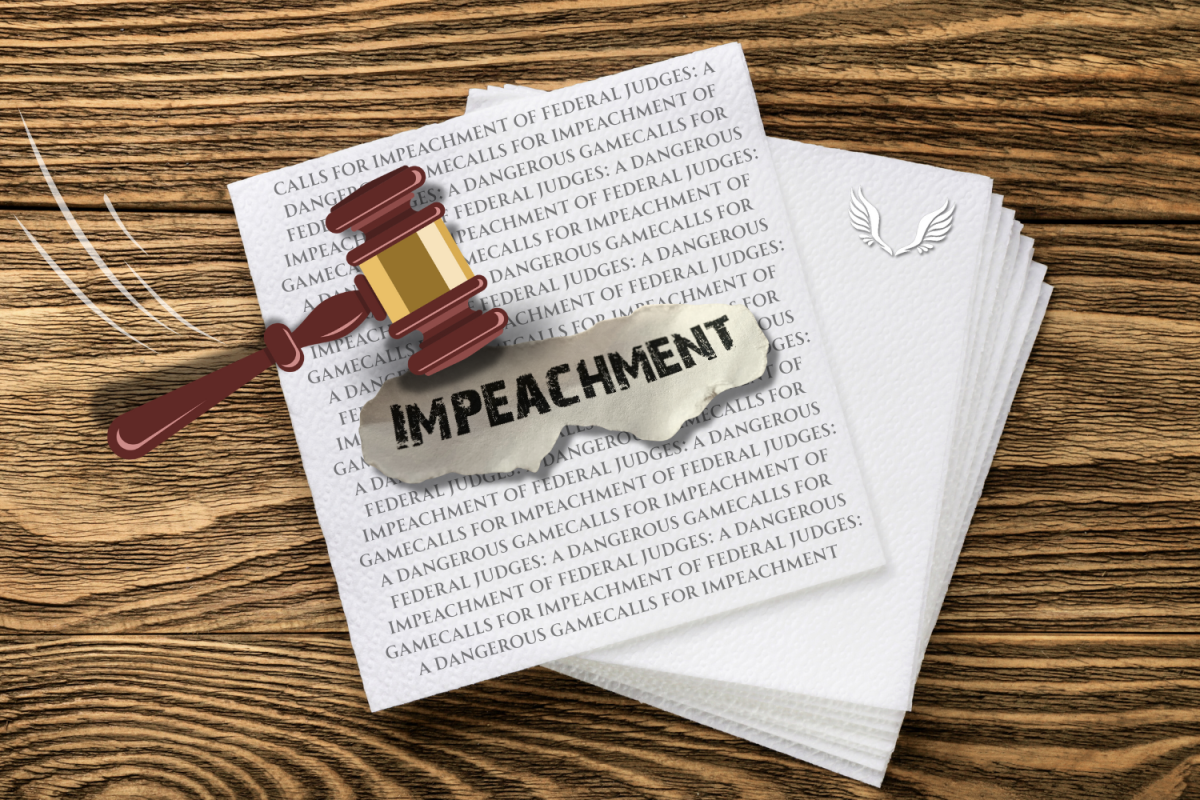In a post to his profile on X (formerly Twitter), Stephen Miller, Homeland Security Advisor and White House Deputy Chief of Staff, set his sights on District Judge Paula Xinis. The judge had just issued a ruling directing Kristi Noem, Secretary of the Department of Homeland Security, to facilitate the return of Kilmar Armando Abrego Garcia to the United States. Abrego Garcia, a 29-year-old Salvadoran immigrant legally living in Maryland, was mistakenly deported to El Salvador on March 15, 2025, due to what the Trump administration deems an “administrative error.”
In response to Xinis’s ruling, Miller attacked the judge, saying, “Marxist judge now thinks she’s president of El Salvador.”
Despite Abrego Garcia having U.S. legal protections in the form of a 2019 withholding of removal—an injunction issued by an immigration judge that barred the government from deporting him to El Salvador—he was sent to the Terrorism Confinement Center (CECOT), a maximum-security prison in El Salvador.
The Trump administration has accused Abrego Garcia of being affiliated with the MS-13 violent street gang, but has failed to substantiate these claims. Kristi Noem appealed to vacate the injunction issued by the lower courts that called for Abrego Garcia’s return. The Supreme Court rejected her appeal unanimously.
This sequence of events ultimately led to Stephen Miller’s comment on X that demeaned Judge Xinis for her ruling. Miller’s claim stems from a fundamental misunderstanding of the judicial branch’s role in American politics—one that is becoming increasingly prevalent.
Why The Judiciary Has The Authority
“The order properly requires the Government to ‘facilitate’ Abrego Garcia’s release from custody in El Salvador and to ensure that his case is handled as it would have been had he not been improperly sent to El Salvador.” Abrego Garcia, supra, slip op. at 2.
— Statement of Justice Sonia Sotomayor of the Supreme Court, Noem v. Abrego Garcia, 604 U.S. ____ (2025), slip op. at 2.
District Judge Paula Xinis’s ruling required the American government, not the Salvadoran government, to facilitate the return of Abrego Garcia. District courts have this authority over the federal government. The Supreme Court’s opinion in Ex parte Young, 209 U.S. 123 (1908), a landmark Supreme Court case involving Edward Young, the then-Attorney General of Minnesota, held that federal courts have the authority to issue injunctions against state officials who are violating federal law or acting unconstitutionally. Bivens v. Six Unknown Named Agents, 403 U.S. 388 (1971) extended the Young decision to the federal government.
As previously mentioned, Abrego Garcia had received a withholding of removal injunction that forbade the government from deporting him to the Central American nation of El Salvador. That means the federal government could have motioned to dismiss the withholding of removal or sent him anywhere else, and chose the one nation they were legally mandated not to.
The well-established legal principle of judicial authority over the federal government directly refutes Miller’s fallacious comment on X. It reflects a misunderstanding of the interactions between the branches of American government—a misunderstanding no senior executive official should hold.
The Impact of the Misconception of Judicial Authority
Judge Harvie Wilkinson III was appointed by President Ronald Reagan, a Republican chief executive known for his conservative views. As such, it was at least a little jarring when the Fourth Circuit judge released a scathing opinion denying Trump-appointed Kristi Noem’s motion for an emergency stay and a writ of mandamus in the Abrego Garcia case.
Wilkinson asserted executive overreach into the judiciary, reflecting a belief that the current administration is overstepping its authority.
“While we fully respect the Executive’s robust assertion of its Article II powers, we shall not micromanage the efforts of a fine district judge attempting to implement the Supreme Court’s recent decision.”
And Wilkinson has a point. When high-ranking officials in the American government can’t tell you a thing about the broad jurisdiction of the judiciary, executive overreach becomes more and more likely.
“The government is asserting a right to stash away residents of this country in foreign prisons without the semblance of due process that is the foundation of our constitutional order,” Wilkinson claims. “This should be shocking not only to judges, but to the intuitive sense of liberty that Americans far removed from courthouses still hold dear.”
Wilkinson’s disregard for partisan politics is a staple of the American judiciary. Like Chief Justice Roberts’ March 18 calls against impeachment, Wilkinson’s opinion reflects Founding Father Alexander Hamilton’s Federalist 78 belief that the judiciary is the “least dangerous [branch] to the political rights of the Constitution.”
The Department of Homeland Security’s willful ignorance of a court document that protected the Article III rights delegated to Abrego Garcia by the District Court of Maryland sets a dangerous precedent. In a strictly legal sense—setting aside all basic cravings for empathy or for self-preservation—the thankfully narrowly averted of Secretary Noem’s stay would, according to Wilkinson, “reduce the rule of law to lawlessness and tarnish the very values for which Americans of diverse views and persuasions have always stood.”
The Constitution does not empower the Executive Branch to enforce the law selectively. But that is precisely what the Department of Homeland Security sought with its motion for a stay, a deliberate attempt to sidestep a binding federal injunction and withholding of removal. Article II is not ambiguous when it states that the President must “take Care that the Laws be faithfully executed.” But that didn’t stop the Secretary of Homeland Security, whom the President handpicked, from asking for an exemption from the Constitution she swore to uphold.
Precedent is the most powerful word in law. Even if Abrego Garcia is a member of the MS-13 violent street gang, it’s up to the government to prove that in a court of law. Rooted in Miller’s judicial misconception, the government’s attempt to strip the courts’ ability to hear the Abrego Garcia case, simply because a District Judge isn’t the President of El Salvador, would have empowered it to seek any respite against any so-called enemy without due process. What’s stopping the government from calling you an enemy?
Executive Noncompliance—Valid or Not?
One month and one Supreme Court ruling later, Abrego Garcia has not been returned to the United States. Trump administration attorneys argue that the court order to “facilitate” Abrego Garcia’s return only means that they are required to remove domestic barriers against his return. Per that argument, they interpret the inactivity of the Trump administration as in compliance with Xinis’s ruling.
The Supreme Court suggested some degree of deference toward this idea. In their response to the Department of Homeland Security’s application to vacate the District Court of Maryland’s injunction—the application they unanimously denied—the Supreme Court included a clause requiring the District Court to clarify the meaning of the words “facilitate” and “effectuate” regarding Abrego Garcia’s return.
“The District Court should clarify its directive, with due regard for the deference owed to the Executive Branch in the conduct of foreign affairs.”
— Abrego Garcia, supra, slip op. at 2.
Judge Wilkinson, as a judge for the Fourth Circuit—a circuit that the Maryland District Court is a part of—clarified the meaning of “facilitate” in his motion denial and rebuked the government’s argument on domestic barriers.
“‘Facilitate’ is an active verb. It requires that steps be taken as the Supreme Court has made perfectly clear… The plain and active meaning of the word cannot be diluted by its constriction, as the government would have it, to a narrow term of art. We are not bound in this context by a definition crafted by an administrative agency and contained in a mere policy directive.”
— Judge Wilkinson
By plainly defining “facilitate” just as the Supreme Court suggested, the government’s argument that it only needs to remove any domestic barriers preventing Abrego Garcia’s return arguably falls apart.
“The government’s argument that all it must do is “remove any domestic barriers to [Abrego Garcia’s] return,” Mot. for Stay at 2, is not well taken in light of the Supreme Court’s command that the government facilitate Abrego Garcia’s release from custody in El Salvador.”
— Judge Wilkinson
Wilkinson delivers the final nail in the coffin for the government’s argument. He alleges that the government is obligated to find a way to release Abrego Garcia from custody in El Salvador.
The Big Picture
Despite a Supreme Court ruling that suggests the government is legally obligated to return Abrego Garcia to the United States, it is unclear when and if the Maryland father will be returned. The government has presented no proof that Abrego Garcia has affiliations with the MS-13 gang and has not afforded him the due process that all individuals—citizens or foreigners, criminals or innocents—are guaranteed under the 5th and 14th Amendments. This executive noncompliance sets the precedent that the judicial branch exists for show, and that anyone on American soil can be deported without due process.










